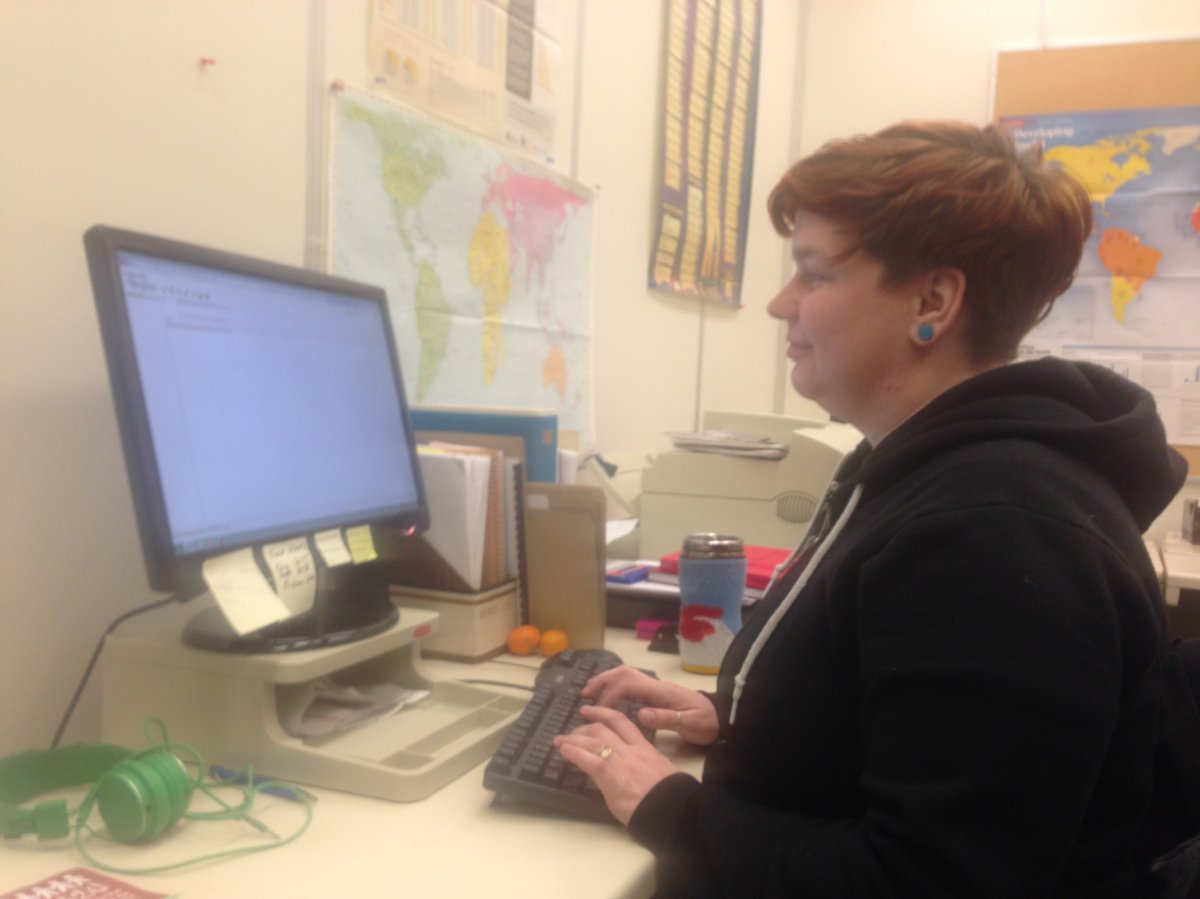REGINA – Interesting research out of the University of Regina looks at the sexual barriers faced by people with disabilities.

Graduate student Michelle Apps, who is majoring in social work, has been working to dispel the myth that disabled people don’t have sex.
Apps says that sex aids such as slings have made it easier for people to have intercourse if they are limited by their physical disability.
Creative Options Regina, an organization that supports people with developmental disabilities through housing and programming, has supported Apps’ research by delivering connections to research participants.
Apps’ says that her research thus far has shown many people with physical and mental disabilities do have sex and seek meaningful relationships, but face certain stigmas.
“People see the chair or the disability first before they see the person. They think that maybe they can’t have sex, so that’s a huge barrier that I’ve seen so far,” explained Apps.
That barrier has led many to turn to online dating or even celibacy, according to Apps, who added that it’s often not by choice, but by oppression.
She says more government investment is needed in education and awareness programs as well as community organizations tasked with helping people with disabilities.




Comments